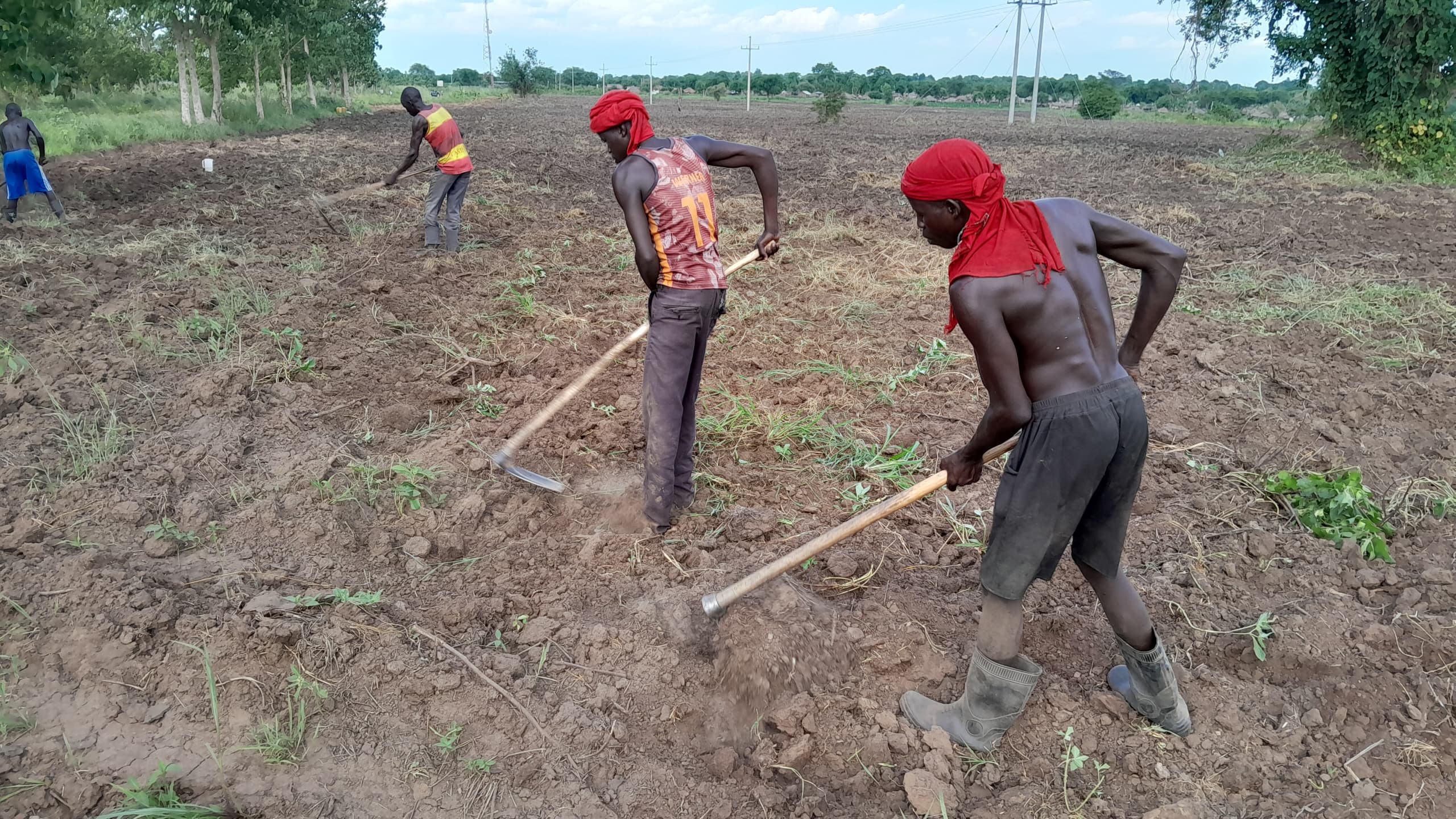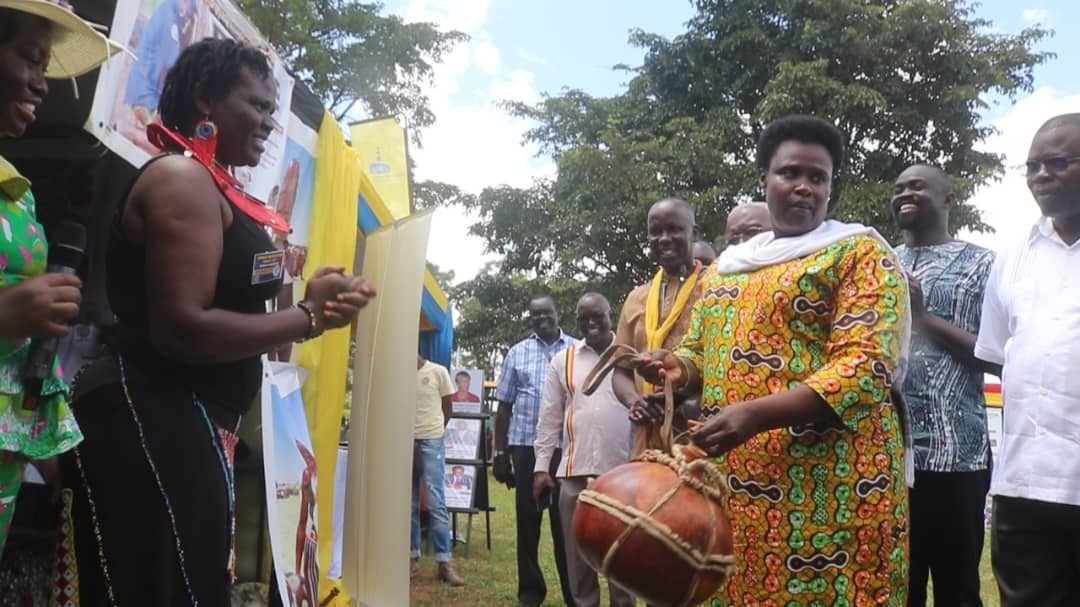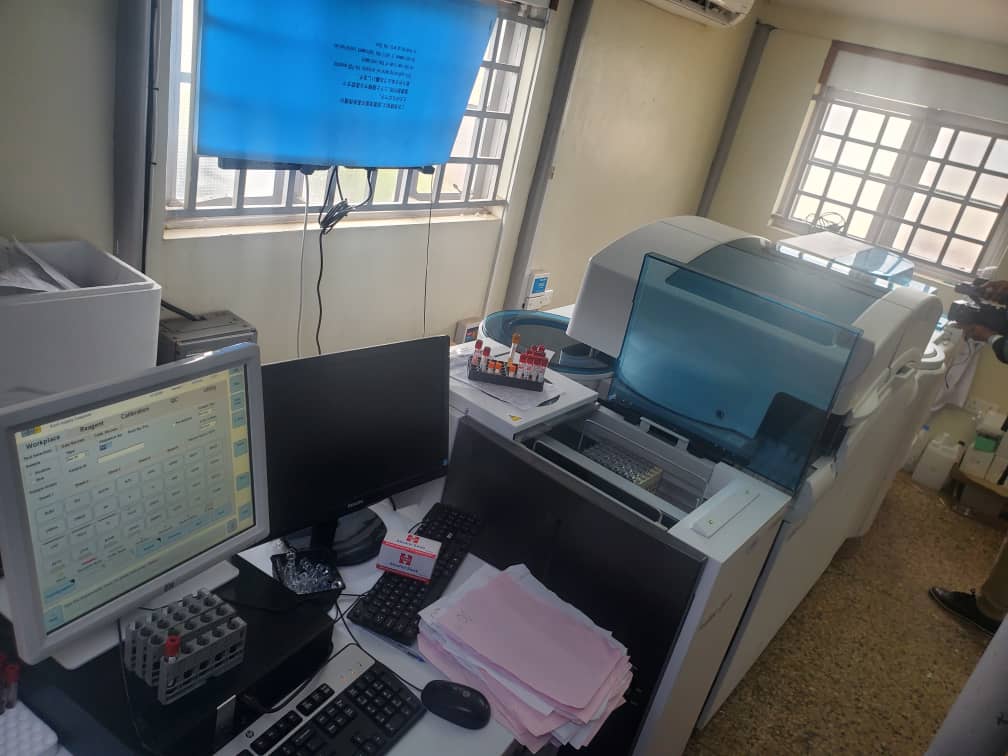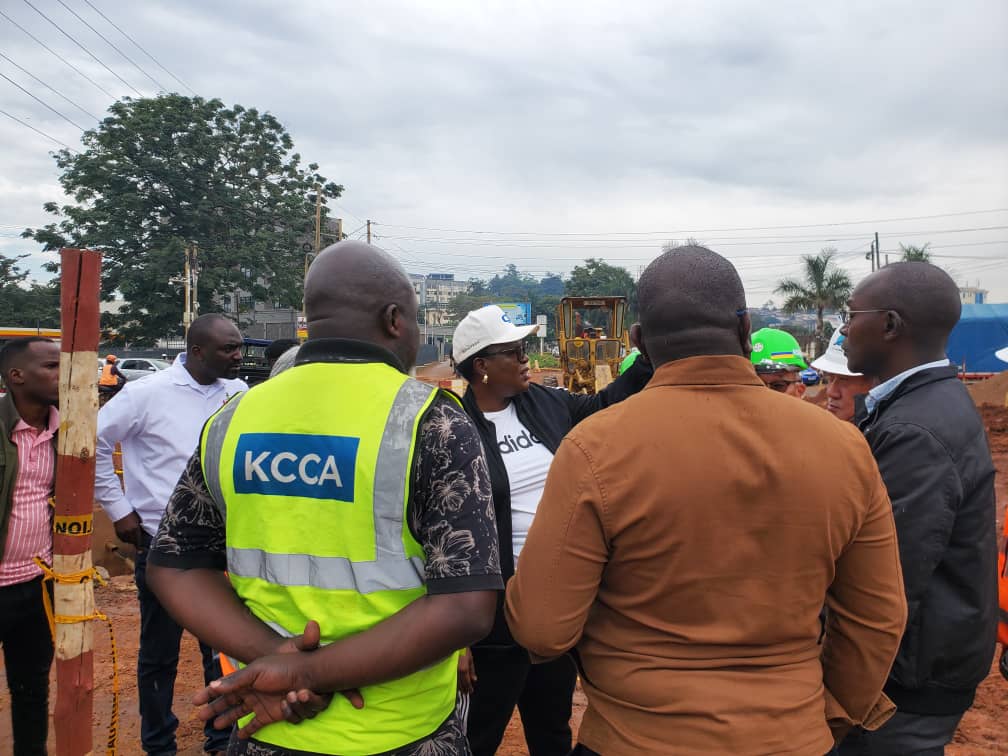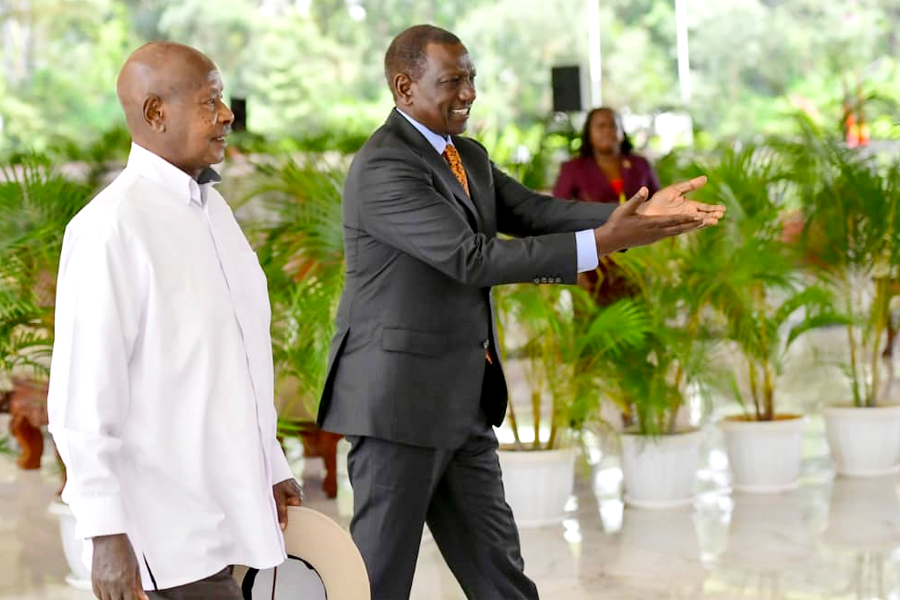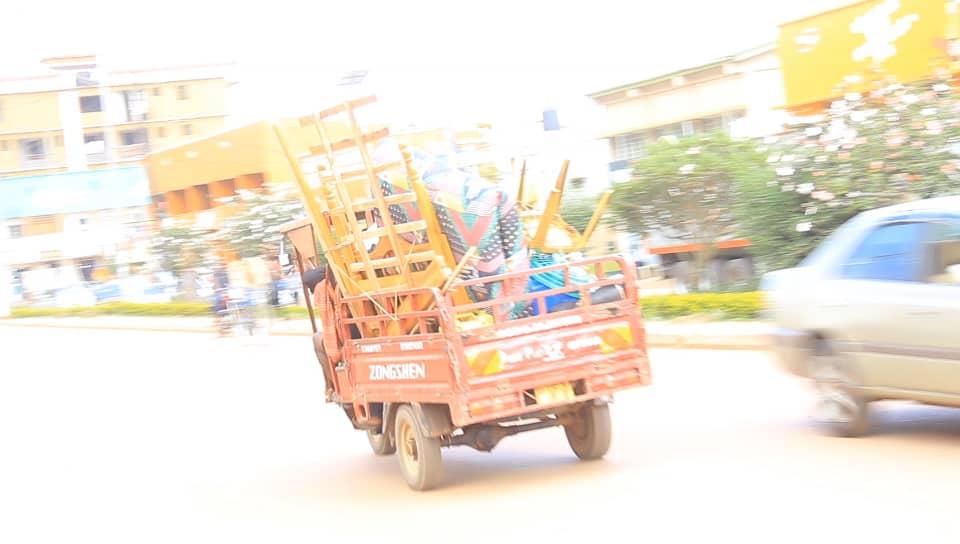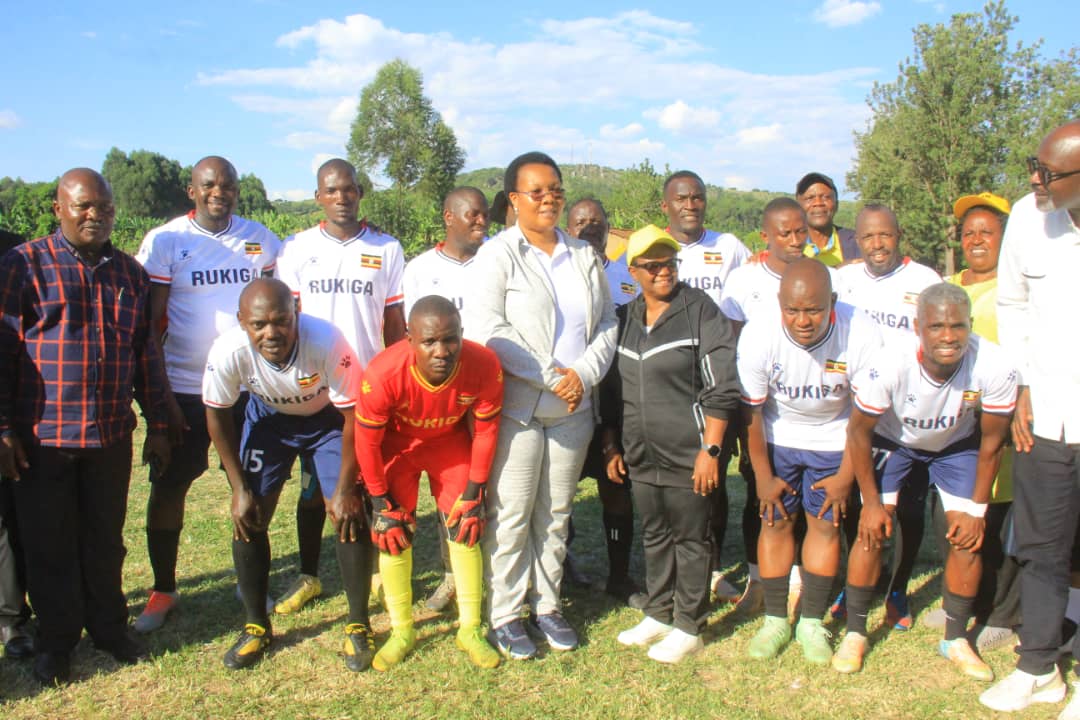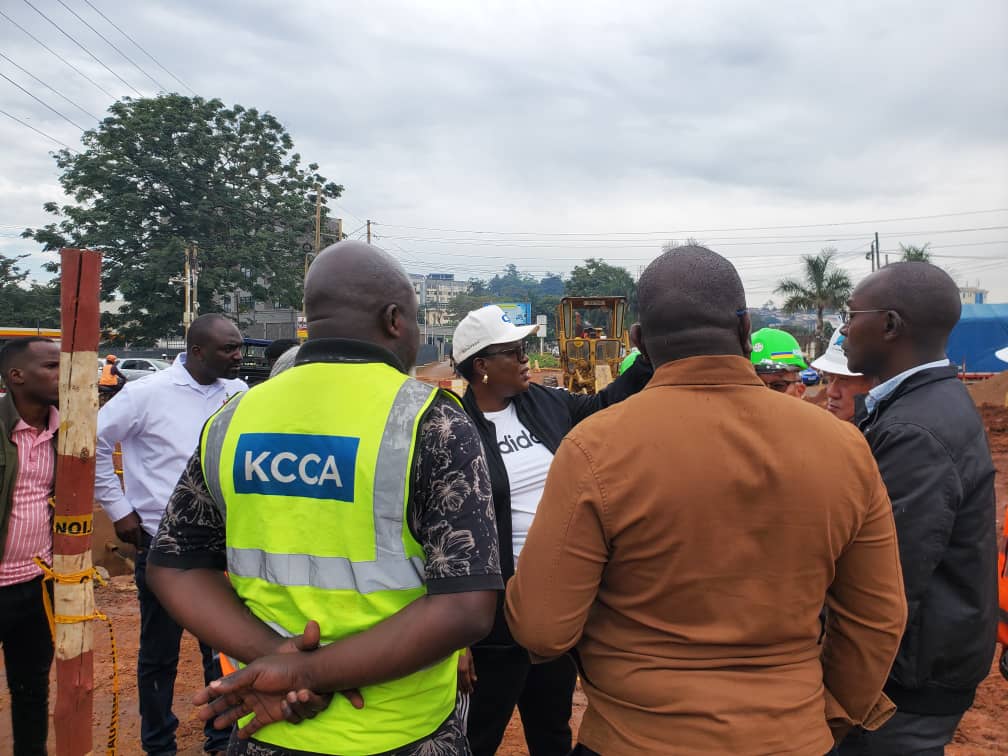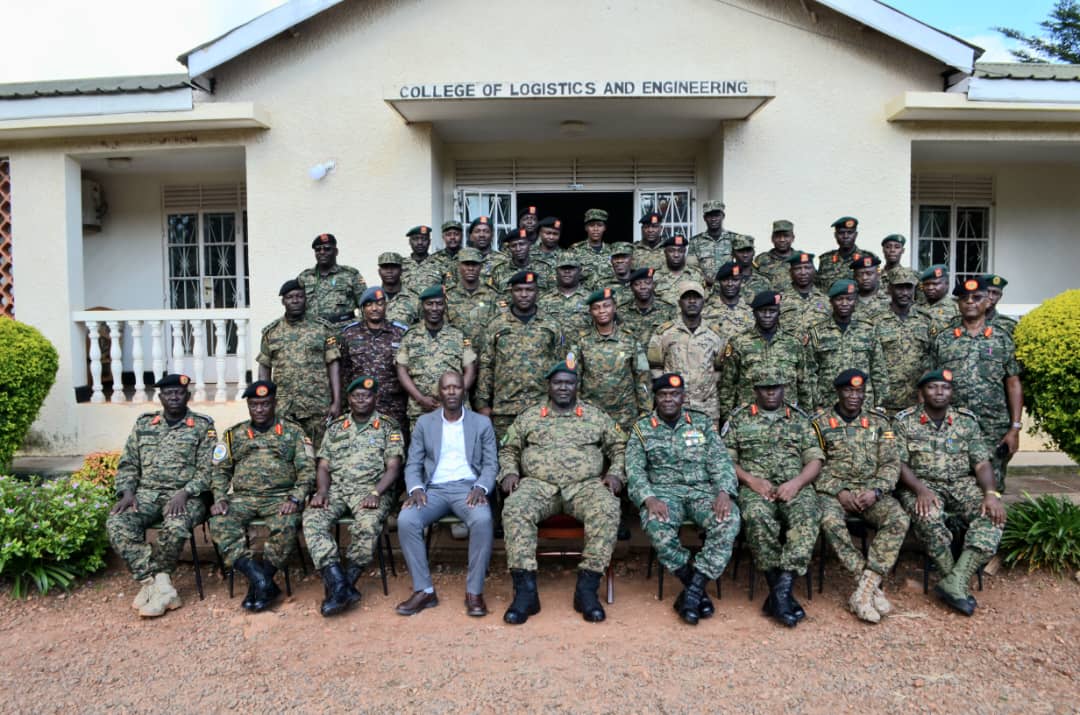The devastating impact of ecocide on women and children

By Linet Nabwire
In recent years, Uganda has experienced the severe consequences of climate change, causing distressing consequences for vulnerable communities, particularly in Namisindwa (eastern Uganda) and Kasese in the Rwenzori region, western Uganda.
These regions have faced catastrophic landslides and floods, resulting in the displacement of people, loss of lives, and destruction of property. Amidst this turmoil, women, children, and girls bear the brunt of such ecological destruction.
This article aims to shed light on the far-reaching impacts of ecocide on these marginalised groups and amplify the urgent need for action.
Ecocide, the destruction of large ecosystems, is recognised as a crime against both humanity and the environment. It includes acts such as deforestation, pollution, and the depletion of resources.
The consequences of ecocide are disproportionately experienced by vulnerable communities, exacerbating social inequalities and gender disparities.
Women in Uganda, especially those residing in Namisindwa and Kasese, face the harshest consequences of ecocide.
They are often the primary caregivers, responsible for providing food, water, and shelter for their families.
As natural resources become scarcer due to climate change, women are forced to travel longer distances to fetch water and firewood, putting them at risk of harassment, assault, and even death.
Additionally, environmental degradation disrupts agricultural systems, leaving women farmers struggling to feed their families.
Children and girls are inherently vulnerable to the repercussions of ecocide.
The devastating landslides and floods triggered by climate change have disrupted their access to education, healthcare, and basic necessities.
Schools are destroyed or inaccessible, leading to interrupted education, particularly for girls who are more likely to be withdrawn from school due to traditional gender norms.
Moreover, these disasters increase the prevalence of child labour, early marriages, and human trafficking, robbing children and girls of their childhood and future prospects.
Faced with these harrowing realities, Climate Transformation Network (CTN) emerged as a beacon of hope for the affected communities.
CTN recognizes that addressing the consequences of climate change requires concerted efforts towards sustainable development, environmental preservation, and empowering women and girls.
The organisation's innovative project of crafting wall hangings and photo frames from recycled metallic bottle tops and cut-out pieces of clothes not only tackles environmental pollution but also provides a source of income for the marginalised women and girls.
The devastating effects of ecocide demand immediate action at various levels. Governments and international organizations must strengthen legislation and enforce stricter penalties for environmental crimes.
Additionally, empowering women and girls through education, skills training, and leadership development is crucial to ensure their resilience amid climate change.
As individuals, we can contribute by supporting organizations like CTN through donations, volunteering, or purchasing their sustainable crafts.
Moreover, raising awareness about the impacts of ecocide on women, children, and girls in Uganda is essential to inspire meaningful change and garner public support for climate justice.
Ecocide has wreaked havoc on Uganda's vulnerable communities, with women, children, and girls bearing the heaviest burden.
The effects of climate change in Namisindwa and Kasese Region have left these communities struggling to survive and deprived them of a stable and prosperous future.
However, through organisations like Climate Transformation Network, hope is within reach.
By acknowledging the importance of sustainable environmental practices, empowering women, and safeguarding the rights of children and girls, we can work towards a brighter, more resilient future for all.
___________________________________________________________
Ms Linet Nabwire is a climate justice advocate and Team Lead & Founder of Climate Transformation Network


